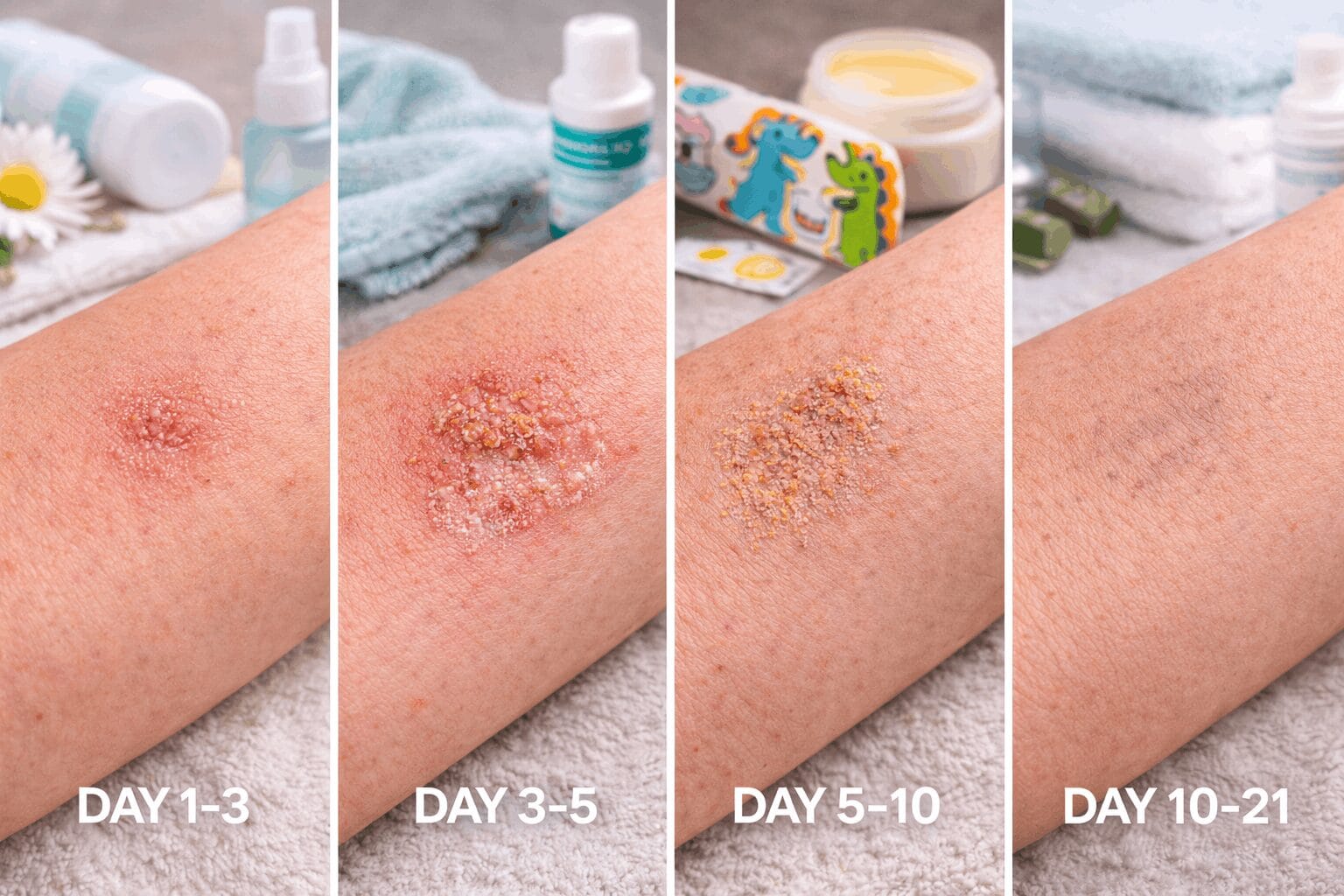Eczema can feel like a constant battle with itchy skin, dry patches, and flare-ups that come when you least expect them. For many people, creams and medications bring relief, but others look toward gentler, natural options. One of the most talked-about choices is coconut oil for eczema. But is it truly effective, and how safe is it for sensitive skin? Let’s dive into the benefits, risks, and remedies to help you decide if coconut oil might be right for you.
Why natural remedies for eczema are popular
Many people turn to natural remedies for eczema because prescription creams may feel too strong or bring side effects when used long-term. Natural oils, like coconut oil, are gentle, affordable, and often easily available. While not every home remedy works for everyone, many eczema sufferers find comfort in products that soothe the skin without harsh chemicals.
Coconut oil skin benefits
Coconut oil has been used for centuries in skincare across the world. Its main strength lies in its moisturizing and antibacterial properties. Some key coconut oil skin benefits include:
- Deep hydration: Coconut oil locks in moisture, which is essential for eczema-prone skin.
- Anti-inflammatory effects: It can help calm redness and irritation.
- Antibacterial protection: Coconut oil contains lauric acid, which may help protect skin from infections caused by scratching.
- Barrier repair: It strengthens the skin’s natural barrier, which is often weak in people with eczema.
These qualities make coconut oil one of the best oils for eczema relief for many people.
Coconut oil vs eczema creams
When comparing coconut oil vs eczema creams, both have their place. Medicated creams like corticosteroids are often stronger and work quickly to reduce severe flare-ups. Coconut oil, on the other hand, may not replace prescription treatments but can work as a supportive remedy. Many people use it alongside medical creams as a daily moisturizer or as part of their eczema home treatment routine.
How to use coconut oil for eczema
If you want to try coconut oil as part of your natural skincare for eczema, here are some tips:
- Choose virgin, cold-pressed oil: This type is less processed and retains more nutrients.
- Apply on damp skin: After a shower, pat your skin dry and apply coconut oil to lock in moisture.
- Use as an overnight treatment: Applying a thin layer before bed can give your skin time to heal.
- Spot treatment: For small patches of itchy skin, dab a little oil directly on the area.
Knowing how to use coconut oil for eczema properly can make a big difference in results.
Does coconut oil help itchy skin?
Yes, for many people, coconut oil can soothe itching caused by eczema. Because it hydrates and calms inflammation, it reduces the dryness that often triggers itchiness. However, while coconut oil helps itchy skin in many cases, it may not work for everyone. Some people may even find that it worsens irritation if they are sensitive or allergic to coconut oil.
Risks and precautions of coconut oil
Although coconut oil is natural, it’s not risk-free. Here are a few things to consider before making it your go-to eczema home treatment:
- Allergic reactions: Some people are allergic to coconut oil and may experience redness or itching. Always do a patch test first.
- Oily residue: Coconut oil can stain clothes and feel greasy on skin.
- Not for everyone: People with very sensitive or acne-prone skin may find it clogs pores or worsens breakouts.
If your eczema is severe or doesn’t improve with natural remedies, it’s important to consult a doctor for stronger treatments.
Coconut oil for sensitive skin
One reason coconut oil is so popular is because of its gentle nature. Many people use it as coconut oil for sensitive skin, finding it soothing and mild. Still, sensitivity varies from person to person, so testing it on a small area first is always the safest step.
Combining coconut oil with other remedies
Coconut oil doesn’t have to be used alone. Many people mix it with other natural remedies for eczema, like aloe vera gel, oatmeal baths, or honey masks. Some even combine it with a doctor-recommended cream, using coconut oil as a moisturizer to keep skin soft in between flare-ups. This layered approach offers both medical support and natural comfort.
When to see a doctor
While coconut oil can be part of eczema home treatment, it should not replace professional care when symptoms are severe. Seek medical advice if you have:
- Constant, painful itching
- Infected patches with pus or swelling
- Widespread eczema that doesn’t improve with home remedies
Your doctor may recommend prescription creams or other treatments, and coconut oil can still be used alongside them as a soothing, natural moisturizer.
Final thoughts
So, is coconut oil good for eczema? For many people, yes, it can moisturize dry skin, reduce itching, and protect against infection. Its natural, gentle properties make it one of the best oils for eczema relief, especially for those looking into natural skincare for eczema. However, it’s not a cure-all. The key is listening to your skin, testing carefully, and combining remedies when needed.
Coconut oil can be a valuable ally in your eczema journey, but always remember: what works for one person may not work for another. With care, patience, and the right guidance, you can find the balance between natural remedies and medical treatments and give your skin the love it deserves.





